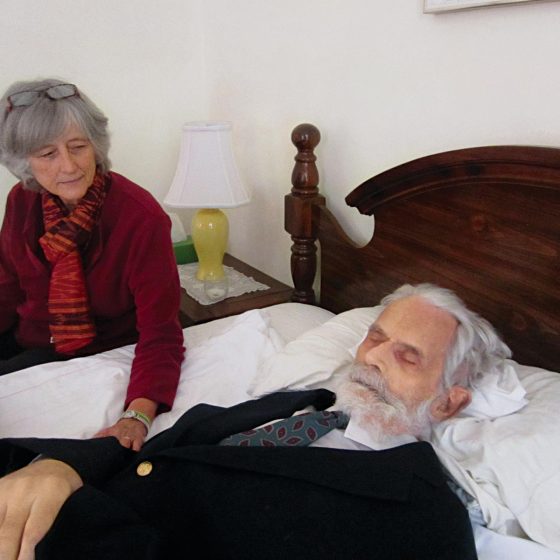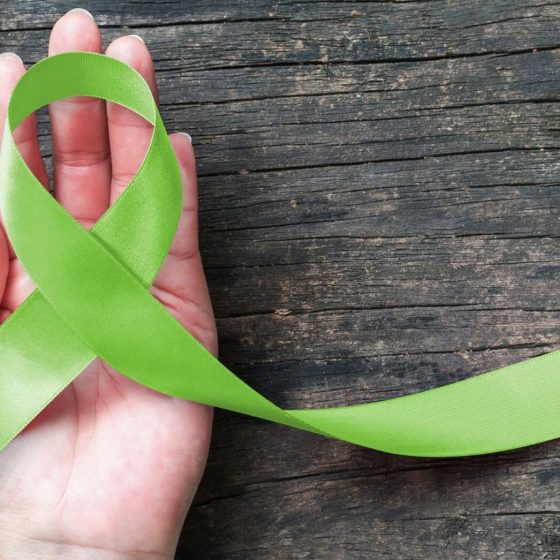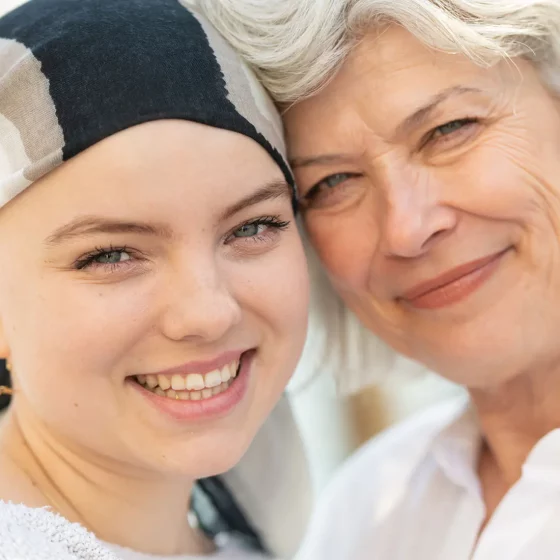Preparing for a death at home
Many people prefer to die at home in familiar surroundings. For those in end-of-life care, their home can provide a sense of freedom, peace, and privacy. You may be caring for someone at home who has a terminal condition and is dying. This article gives you advice on how to prepare for a death at home. How do I prepare for a coming death at home? If the person you care for knows they are dying, they should talk to their doctor or palliative care team about: how that might happen what they want Their doctor or palliative care team







